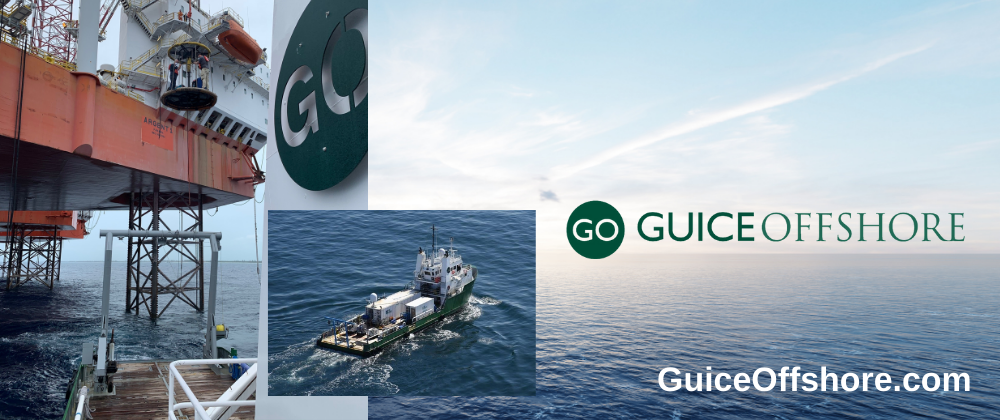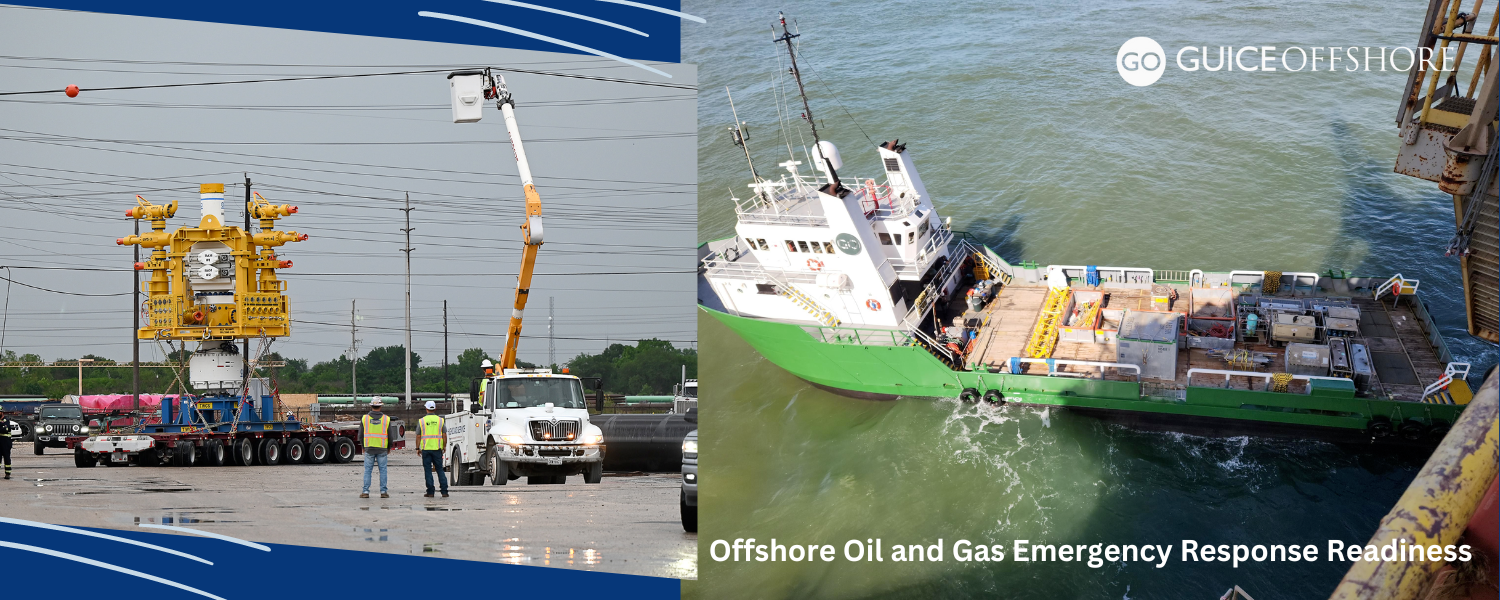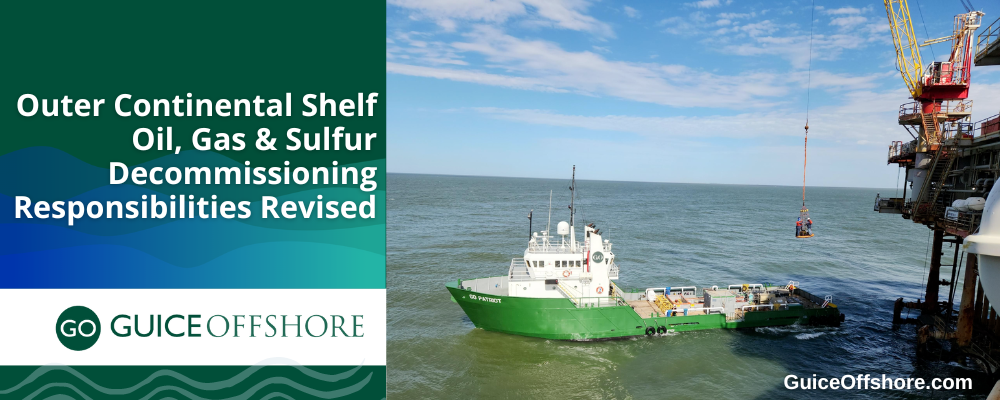The offshore oil and gas industry has installed approximately 40,000 miles of oil and gas pipelines in federal offshore waters since the 1940s, but since the 1960s, the U.S. Bureau of Safety and Environmental Enforcement (BSEE) has allowed the offshore oil and gas industry to leave 97 percent of pipelines (18,000 miles) on the seafloor when no longer in use, according to a March 2021 U.S. Government Accountability Office report.
For years, Guice Offshore support vessels have been a necessary and critical part of the offshore oil and gas exploration and production (E&P) environment, and are utilized in almost every phase of the extraction process from survey and drilling to production, abandonment and assisting with safely decommissioning according to all environmental regulations, since pipelines can contain oil or gas if not properly cleaned in the process.
Guice Offshore maintains a strong presence in the northern Gulf of Mexico E&P sector and our vessels are most often employed in support of oil platform and oil pipeline operations (production activities, logistics, diving, ROV, inspection, maintenance, repair, plug and abandonment). We also participate in certain early phases of offshore oil exploration like surveying.
Because so many oil and gas clients rely on the Guice Offshore fleet to assist with their operations, we noted with interest the October 14, 2021 U.S. House Natural Resources Committee Energy and Mineral Resources Subcommittee (Subcommittee) oversight hearing on abandoned offshore fossil fuel infrastructure entitled “Impacts of Abandoned Offshore Oil and Gas Infrastructure and the Need for Stronger Federal Oversight.”
The hearing, which was preceded the day before by a markup session on two related bills, came in the wake of a U.S. Government Accountability Office (GAO) report in March 2021 on the need for offshore pipeline decommissioning regulation. The legislative moves follow a major pipeline spill that released more than 126,000 gallons of crude oil near Huntington Beach, California, causing what is already believed to be significant damage to coastal wetlands, marine resources and wildlife habitats.
For its report, the GAO was asked to review BSEE’s management of offshore oil and gas pipelines and examine its processes for (1) ensuring active pipeline integrity and (2) addressing safety and environmental risks posed by decommissioning. To read the GAO findings, click here.
“Abandoned infrastructure, including old pipelines left on the seafloor, can pose environmental, fishing, and navigation hazards and create obstructions that potentially result in taxpayers paying for cleanup and removal costs. In late August, Hurricane Ida tore through the Gulf region, causing multiple oil leaks from aging energy infrastructure, including abandoned pipelines,” the Subcommittee wrote.
To watch a replay of the hearing click here.
To read more about the pending legislation, click here.
To read Subcommittee Chair Alan Lowenthal’s (CA-D) opening statement, click here.
Links to witness written testimonies are below:
Dr. Donald Boesch (testimony)
Professor and President Emeritus,
University of Maryland Center for Environmental Science Annapolis, MD
Dr. Greg Stunz (testimony)
Endowed Chair for Fisheries and Ocean Health, and Professor of Marine Biology
Harte Research Institute for Gulf of Mexico Studies
Corpus Christi, TX
Mr. Robert Schuwerk (testimony)
Executive Director, North America Office
New York, NY
Ms. Jacqueline Savitz (testimony)
Chief Policy Officer, Oceana
Washington, D.C.


